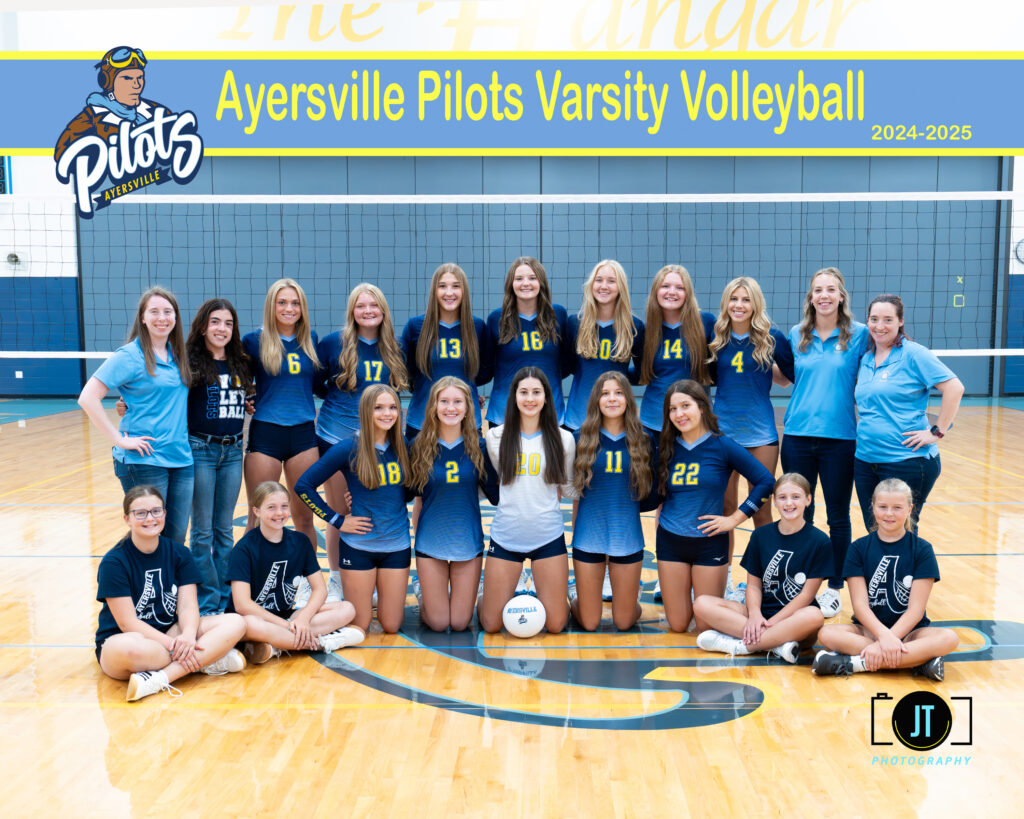An effective rehearsal routine is the key to success for any music ensemble, setting the stage for growth, improvement, and peak performance. Establishing a well-structured, purpose-driven routine enhances your ensemble’s focus, maximizes efficiency, and fosters a supportive environment conducive to learning and development.
In this essential guide, we delve into the strategies and tips necessary to design and implement an impactful rehearsal routine for your music ensemble. Learn how to align rehearsals with long-term goals, ensure each session is engaging and productive, and create an atmosphere that encourages teamwork and a shared passion for musical excellence. Additionally, discover how Scoreboard Fundraising can revolutionize your ensemble’s fundraising approach, allowing you to devote your full attention to mastering the art of rehearsal and achieving outstanding results.
Setting Achievable Long-Term Goals
Establishing clear, long-term goals for your music ensemble is a crucial first step that provides a roadmap for your rehearsal planning efforts. Collaborate with your ensemble members, determining collective and individual objectives that align with your group’s mission and aspirations. These objectives can range from technical proficiency and repertoire expansion to artistic and expressive growth. Make goals SMART (Specific, Measurable, Achievable, Relevant, and Time-bound) to ensure they are effective and provide motivation and focus for the entire ensemble.
Mapping Out a Rehearsal Schedule
With well-defined goals in place, create a structured rehearsal schedule ensuring that your ensemble stays focused and productive. Consider factors such as the number and type of performances, repertoire requirements, and skill development when designing your schedule. Allow for a balance between learning new materials and refining existing ones while also allocating time for individual practice and section rehearsals. Regularly evaluate and adjust your schedule to maintain alignment with your ensemble’s evolving goals and needs.
Warming Up and Team Building
Begin each rehearsal with a warm-up session designed to engage your ensemble both physically and mentally, preparing them to perform at their best. Incorporate technical exercises to fine-tune individual and group skills and add team-building activities that promote communication, collaboration, and camaraderie. These exercises can include breathing and body awareness techniques, rhythm games, and active listening challenges. An engaging warm-up and team-building routine fosters unity and focus, ensuring that your ensemble is ready for a productive rehearsal.
Selecting and Prioritizing Repertoire
Carefully choose and prioritize repertoire that aligns with your ensemble’s goals and supports their consistent growth. Select music that challenges your musicians while remaining accessible, allowing for the exciting exploration of new techniques, styles, and artistic expression. Consider the ensemble’s strengths and weaknesses and aim for a balanced and diverse repertoire that offers unique learning experiences for all members while reflecting your group’s musical identity.
Breaking Down and Sequencing Complex Passages
When faced with particularly challenging passages, break them down into smaller, manageable sections. Identify the specific elements requiring attention, such as rhythm, dynamics, or articulation, and devote focused rehearsal time to isolate and refine each aspect. Utilize various rehearsal techniques to approach these challenges, such as practicing at slower tempos, playing in various dynamics and articulations to emphasize certain phrases, or using the “pass the beat” exercise to sharpen ensemble synchronization. Sequencing these sections effectively can dramatically improve the ensemble’s mastery of complex passages and boost their overall performance.
Fostering Individual Accountability and Practice
A successful ensemble depends on each musician’s commitment to personal growth and practice. Encourage individual accountability by setting clear expectations for at-home practice, providing feedback on performance and progress, and cultivating a learning-oriented atmosphere. Offer resources, such as guided practice sessions, sectional instruction, or opportunities for private lessons, to support and motivate your musicians to consistently develop their skills.
Active Performance Assessment and Feedback
Regularly assess your ensemble’s progress with active performance evaluations during rehearsals. Record rehearsals and performances, encouraging your musicians to listen critically and identify areas for improvement. Foster an environment of constructive feedback and open communication where ensemble members share their insights and suggestions for growth. Additionally, bring in guest musicians, clinicians, or conductors to offer new perspectives and feedback, providing your ensemble with diverse learning experiences.
Managing Logistics and Streamlining Operations
Efficient rehearsal routines rely on smooth logistical operations. Streamlining tasks such as distributing sheet music, maintaining equipment and instruments, and managing attendance and communication enables you to focus on nurturing your ensemble’s growth. Utilize technology, such as digital music libraries, communication platforms, and file-sharing tools, to optimize operations and keep your ensemble organized.
Simplifying the Fundraising Process with Scoreboard Fundraising
Another critical aspect of managing a successful music ensemble is securing funding for events, travel, equipment, and other expenses. Streamline your fundraising efforts utilizing innovative technology, such as Scoreboard Fundraising’s user-friendly app. Customized for groups, teams, and ensembles, the app prioritizes donation fundraising, maximizing profit returns with a virtual, paperless, cashless, and stress-free approach. A seamless fundraising solution allows you to direct your focus on establishing an effective rehearsal routine and achieving outstanding ensemble results.
Elevate Your Ensemble with Streamlined Fundraising Solutions
Establishing an effective rehearsal routine is crucial for the growth and success of your music ensemble. By setting clear goals, devising a structured schedule, and fostering a supportive and productive environment, you unlock your musicians’ full potential and achieve outstanding results. Logistics and fundraising play an essential role in this process, ensuring that your ensemble has the resources needed to excel.
Discover the simplicity and efficiency of Scoreboard Fundraising, an ideal choice for managing your ensemble’s fundraising campaigns. Embrace easy-to-use technology that allows you to concentrate on perfecting your rehearsal routine while maximizing profits and minimizing administrative burdens. Give your ensemble the advantage of seamless fundraising and elevate your group’s performance by partnering with Scoreboard Fundraising today!




